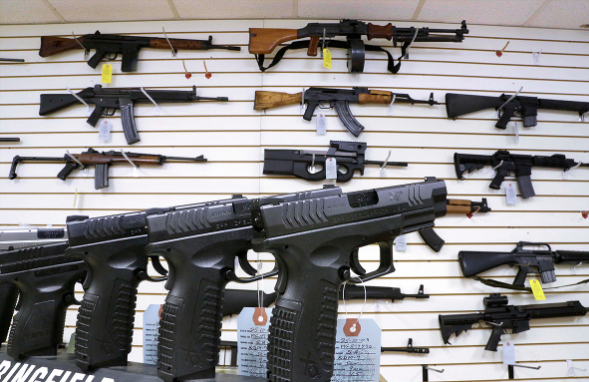
The Canadian government is attempting to seize all of the funds raised by the anti-Wuhan coronavirus (COVID-19) lockdown and vaccine mandate Freedom Convoy protesters. Unfortunately for them, they are having a hard time retrieving donations made through cryptocurrencies like Bitcoin.
The measures taken by Canada to suppress the Freedom Convoy protests are considered unprecedented for a supposedly democratic nation. This included the freezing of bank accounts of organizers and individual protesters and the seizing of donations made through crowdfunding websites like GoFundMe. (Related: Canadian government freezes single mom's bank account after she donated $50 to the Freedom Convoy.)
This is why many organizers and supporters of the Freedom Convoy increasingly turned to cryptocurrencies like Bitcoin, believing that their detachment from fiat money and Big Tech platforms made them more difficult, if not impossible, to seize by authorities.
According to the Royal Canadian Mounted Police (RCMP) and other police services in the province of Ontario, the Freedom Convoy received 20.7 bitcoins ($915,050).
Around 14.6 bitcoins are already considered irretrievable, as they have already been distributed to 101 individual wallets through an intermediary.
According to cryptocurrency transaction trackers, 101 individual wallets received 0.144 bitcoins ($6,360) each, transferred through an intermediary. The roughly 5.964 bitcoins ($263,400) that remained were seized by Canadian authorities and confiscated.
Cryptocurrencies more resilient against government seizure attempts
Back in February, a Canadian judge ordered all digital wallets that held cryptocurrency donations meant for Freedom Convoy organizers to be frozen. Only one wallet provider, Nunchuk, refused the order.
According to Nunchuk, the company designed its systems to make it impossible to freeze users or prevent their assets from being moved or accessed.
"We do not hold any keys," wrote the company. "Therefore, we cannot freeze our users' assets. We cannot prevent them from being moved. We do not have knowledge of the existence, nature, value and location of our users' assets. This is by design."
Monique Jilesen, a lawyer involved in a class-action lawsuit against the Freedom Convoy organizers, said the government is still able to trace which wallets are receiving the donations. But she lamented the fact that as the bitcoins move from wallet to wallet, it gets harder to seize the funds.
"I presume, although I don't know, in part, that was done in order to distribute the wallets," she said. "They've taken one big wallet, moved it into hundreds of smaller wallets and then they hand the passwords to that smaller wallet to the ultimate recipient."
The RCMP refused to comment on the case, but it said in a statement to CBC News that it still has the power to seize digital currency assets.
"As part of its capabilities and plans to tackle crypto crime and track crime-related transactions, the RCMP generally uses a variety of police procedures, as well as collaborating with applicable law enforcement partners," read the RCMP's statement.
But Mathew Burgoyne, a Canadian digital currency law expert, claimed that it will be much more complicated for the government to freeze and confiscate bitcoin wallets belonging to unknown holders.
"The limitation is that the crypto can simply be transferred to another wallet address that's not frozen," said Burgoyne. "And then another address that's not frozen, and it can continue to be transferred in an effort to obscure the original source, or in an effort to remove the funds as much as possible from the wallet that was frozen."
Watch this video as "Vaccine Choice Canada" hosts a panel of experts who attempt to answer the question: Is cryptocurrency the answer to the Canadian government's penchant for freezing the bank accounts of COVID-19 lockdown and mandate protesters?
This video is from the Vaccine Choice Canada channel in Brighteon.com.
More related stories:
Canadian banks say Freedom Convoy backers' frozen accounts will be flagged for life.
Canadian monetary regulator admits donations to "Freedom Convoy" had nothing to do with "terrorism."
Ontario government shuts down 39 trucking companies for participating in Freedom Convoy.
Trudeau's national police force blacklists 34 crypto wallets associated with Freedom Convoy.
Sources include:
Please contact us for more information.




















